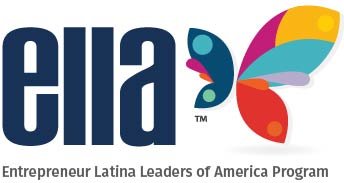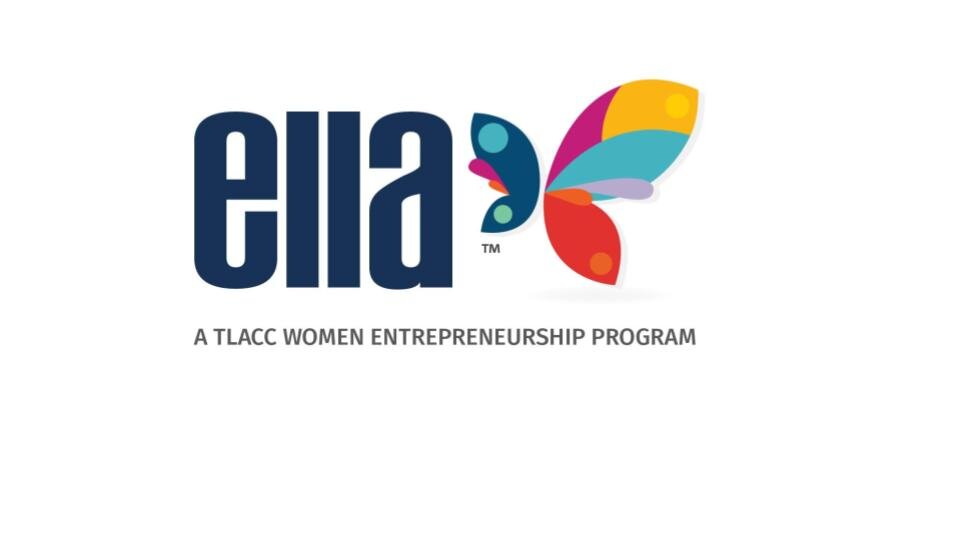This business incubator targets a growing part of Nashville's population
By Julia Faulkner – Editorial intern, Nashville Business Journal
Aug 18, 2017, 11:48am EDT
Starting a minority business is not just a matter of having the money to do it.
Communication, legal nuances and more hinder lots of minority women from establishing businesses. When entrepreneur Marcela Gomez, a Colombia native, founded her own marketing business in 2002, she was fortunate to have the savings and no language barrier. Convinced of the need for a support system for minority female entrepreneurs in Nashville, Gomez began a program a little over two years ago that connects with these women to help them succeed.
“There’s a huge market that everyone should be involved in," said Gomez, president of nonprofit Tennessee Latin American Chamber of Commerce, referring to Latina businesses.
2014 data shows Hispanic residents represent 10 percent of the Davidson County population, double the amount seen 2000. The data shows the demographic is relatively young in Tennessee, with a median age of 24, and makes up eight percent of all K-12 students. The Hispanic population constitutes 17 percent of the U.S. population as of July 2014, making the demographic the largest ethnic or racial minority in the country, according to the U.S. Census Bureau.
"The amount of economic investment that we make in the city is big," said Gomez, who is also the founder and chief executive of Marcela Gómez & Associates, A Hispanic Marketing Group.
The program, called Ella, launched in March 2015 and is run through the Latin American Chamber. Ella, which means "her" in Spanish, matches female minority business owners with experienced mentors based on industry and language compatibility. The eight-month program accepts between eight and 12 participants at no cost, though participants must be members of the Latin American Chamber.
Elvira Vasquez, founder and owner of Que Delicias Catering, said she has grown her business with Ella's help. Vasquez, also a Colombia native, began Que Delicias in 2002, prompted by friends' encouragement to make a profit from her homemade delicacies — "delicias." Since joining Ella in 2015, Vasquez has expanded her client base beyond her social circle to partnerships with the Nashville Sounds and other Music City establishments. She is pursuing more venues in the city.
"The Ella program is a great element for every woman to grow in her business and open new doors. It is very important," said Vasquez, speaking in Spanish.
Que Delicias offers authentic Colombian and Latin dishes. If you ask Vasquez what to order, she might tell you to try her personal favorite, the "bandeja paisa" or paisa platter, a concoction of red beans, white rice and shredded beef with plantains, pork rind and avocado. Her three grandchildren always beg for the "arepa," which is a homemade corn tortilla.
Vasquez operates from Conexión América's industrial kitchen, Mesa Komal, on Nolensville Pike. She has no employees and works largely by herself, with some help from her husband, sister and an occasional hire to help with transportation. She declined to share revenue.
Gomez said the biggest challenge for many minority businesswomen is not the financial aspect — each Ella participant self-funds her business with personal savings — but rather the legal aspect. She said Latin American laws can be very flexible, whereas in the United States, business owners have to follow stricter rules, which is especially difficult when you are unfamiliar with the language and culture.
Vasquez needed to obtain the appropriate licenses, register her business and find catering insurance. A legal requirement for food production in Tennessee is to work from an industrial kitchen, which is why Vasquez works from Mesa Komal. To become certified as a minority business enterprise instead of a sole proprietor, she needs her own tax ID number, which Ella is helping her with now. She had to work through the immigration process as well. She came to America in the late 90s and is now a legal resident of the U.S.
"There are a lot of hurdles that immigrants go through that naturally born Americans don't," Gomez said.
Through Ella, Vasquez has learned important business skills, such as how to manage Excel files, interpret emails and make her website and brochures. The program has helped her with retail packaging, customer service and business-to-business dealings.
"The reason that the Ella program exists is because it’s for a very basic level entrepreneur, and there’s nothing else in Nashville that holds the hand of the person as they go through those steps," Gomez said.
Vasquez said her business brings her happiness, and she encourages entrepreneurs like herself to have the love for the work, to leave fear behind and to look for help when needed.
"It's different here, but there's a lot of opportunity to grow and learn," she said.

